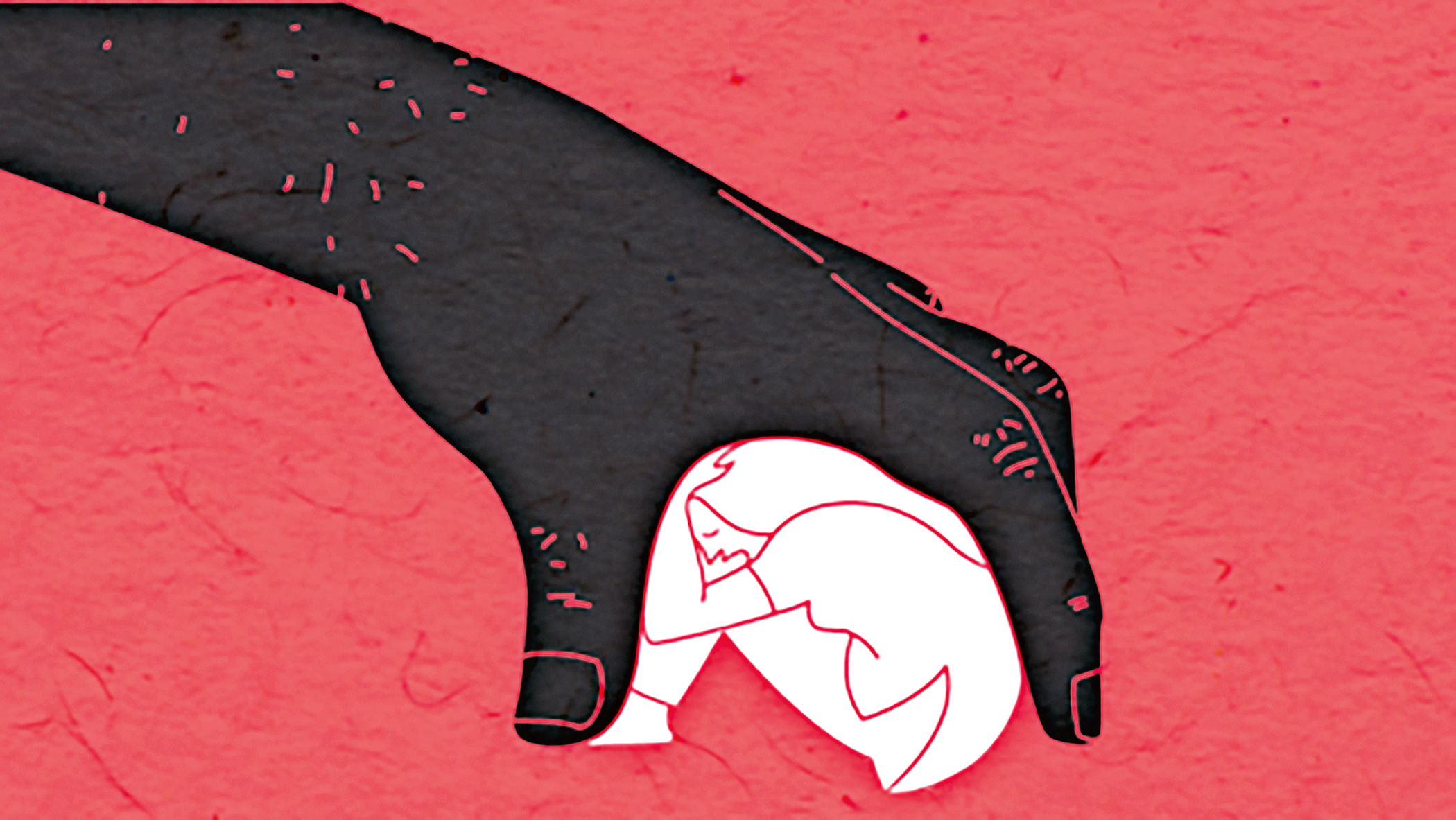Warning signs of grooming and what can you do to protect yourself

The act of grooming doesn't always reveal itself through the lens of suspicious behaviour. More often than not, the predator will appear to be someone who seems kind, attentive and trustworthy. They might offer genuine compliments, lend a listening ear, or make you feel seen in ways others don't. But beneath the guise of friendliness lies a slow and calculated attempt to gain assurance and control.
Grooming is not about affection; rather, it is about manipulation. It is the gradual process of drawing someone in, breaking down their boundaries and creating dependence until the groomer has full influence over their emotions and decisions. It usually involves someone who is much older or retains a position of power over the victim, making children between the ages of 12 and 17 particularly vulnerable.
It is important to keep in mind that the ultimate aim of the abuser is to exploit their victim — emotionally, financially, or sexually. Grooming can take place online or in real life, to anyone, regardless of gender or background. Therefore, being able to identify certain behavioural patterns in early stages of grooming can be the most effective way to safeguard yourself and those around you.
Someone who intends to groom you may not look or act like a threat at all. In fact, a lot of the times it can come from a person you already know and place trust in, like a friend, family member or mentor. This is because it is usually more convenient for such individuals to exceed boundaries without raising immediate suspicion in comparison to a complete stranger. They may use their position of authority or emotional closeness to justify certain behaviours, including excessive flattery, prolonged physical contact, or private conversations that gradually become more personal. This familiarity makes it harder for victims to recognise the manipulation, as the person grooming them may seem genuinely caring or protective on the surface.
A common tactic groomers use is to create a sense of exclusivity. They may try to cultivate the impression that your connection with them is singular or suggest that you uphold a level of maturity beyond your years. Once they are able to convince you of their supposed idea of you, they could discourage you from informing outsiders about your interactions with them, subtly isolating you from others who might be capable of noticing the red flags.
In some cases, the groomer may also constantly offer gifts, financial support, or other favours to strengthen your sense of obligation towards them. Over time, these favours will be turned into leverage, making you feel indebted or guilty if you do not comply with their requests. This pattern of conditional generosity is yet another form of control that can make it increasingly difficult to distance yourself.
Online grooming, in particular, can be dangerously deceptive. Social media platforms, gaming communities, and chat forums allow groomers to hide behind fake identities. They might pose as someone your age, sharing similar interests, jokes, or hobbies to build trust. They often ask for personal details, such as where you live, what school you go to, or what your parents are like — all under the pretext of wanting to get to know you better.
Gradually, they may begin sending more intimate messages or pictures, pressuring you to respond in kind, often through guilt or emotional manipulation. Once such material is shared, the victim may feel trapped, fearing shame or exposure if they don't comply further.
This form of abuse usually breeds over a gradual period of time and, therefore, can be difficult to recognise at once. The groomer often initiates with seemingly harmless conversations, asking friendly questions and showing interest in your daily life. As trust starts to build, they may share personal details about themselves too, creating a false sense of closeness.
In subtle ways, they gather bits of information from you — your feelings, insecurities, or secrets — and later use these to strengthen their control. They may even recall small details from earlier conversations to make you feel valued and understood, when in reality, they are using this attentiveness as a tool for manipulation.
The more sensitive information you share, the easier it becomes for them to use it against you. Over time, they might start to pressure or threaten you, using your words, photos, or private messages to make you do things you are not comfortable with. This could include asking you to see them alone in person under unfamiliar settings or insisting on video calls that feel inappropriate. At this stage, the victim often feels isolated and afraid of what might happen if they refuse or speak up. That fear is exactly what the groomer depends on to maintain control.
Identifying these patterns early and opening up to someone you feel safe around can prevent the situation from escalating any further. If someone's behaviour makes you feel uncomfortable, confused, or pressured, it is necessary that you trust your instincts. It's always okay to step back or block communication with anyone who oversteps boundaries, even if they seem familiar. Be cautious about sharing personal details online, and avoid sending pictures or information that carry the possibility of being misconstrued.
If you ever find yourself caught up in such a situation, confide in a trusted adult immediately, preferably a parent or guardian. Explaining what's happening can feel difficult, especially if the groomer has convinced you to keep it secret. However, it is crucial to remember that grooming thrives on secrecy and silence. The sooner you speak up, the faster you can be protected. Trusted adults can help report the incident, preserve evidence, and ensure you receive emotional support.
You can also reach out to immediate helpline services, such as child protection hotlines or local law enforcement, if you ever feel unsafe or suspect that someone is attempting to manipulate or blackmail you with sensitive information. Ultimately, protecting yourself from grooming begins with awareness and boundaries. Knowing what feels right and what doesn't will serve as your first line of defence.



 For all latest news, follow The Daily Star's Google News channel.
For all latest news, follow The Daily Star's Google News channel. 

Comments